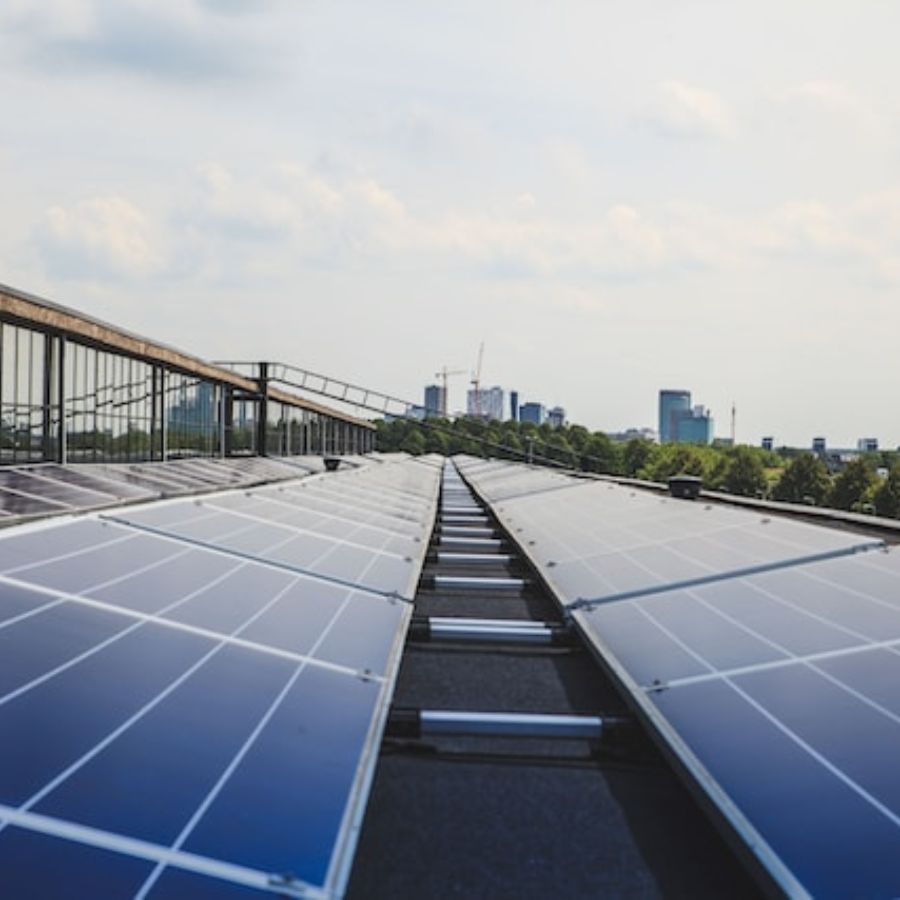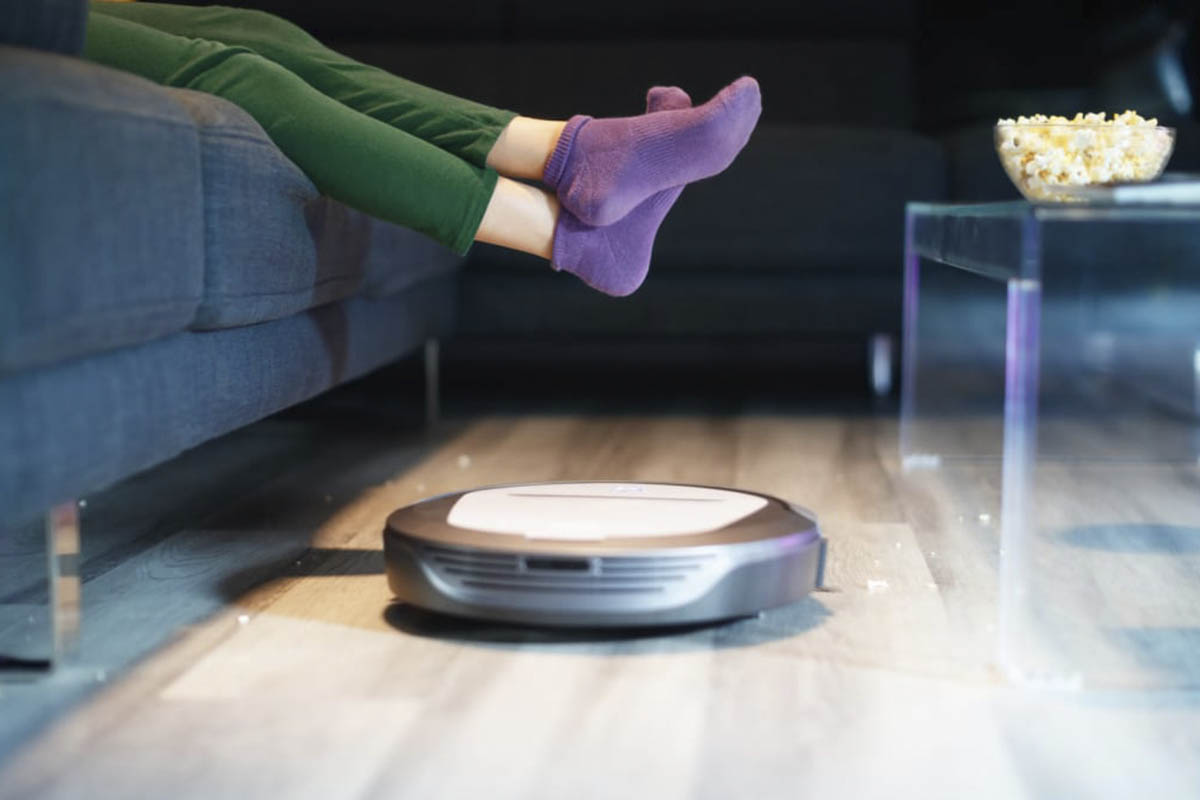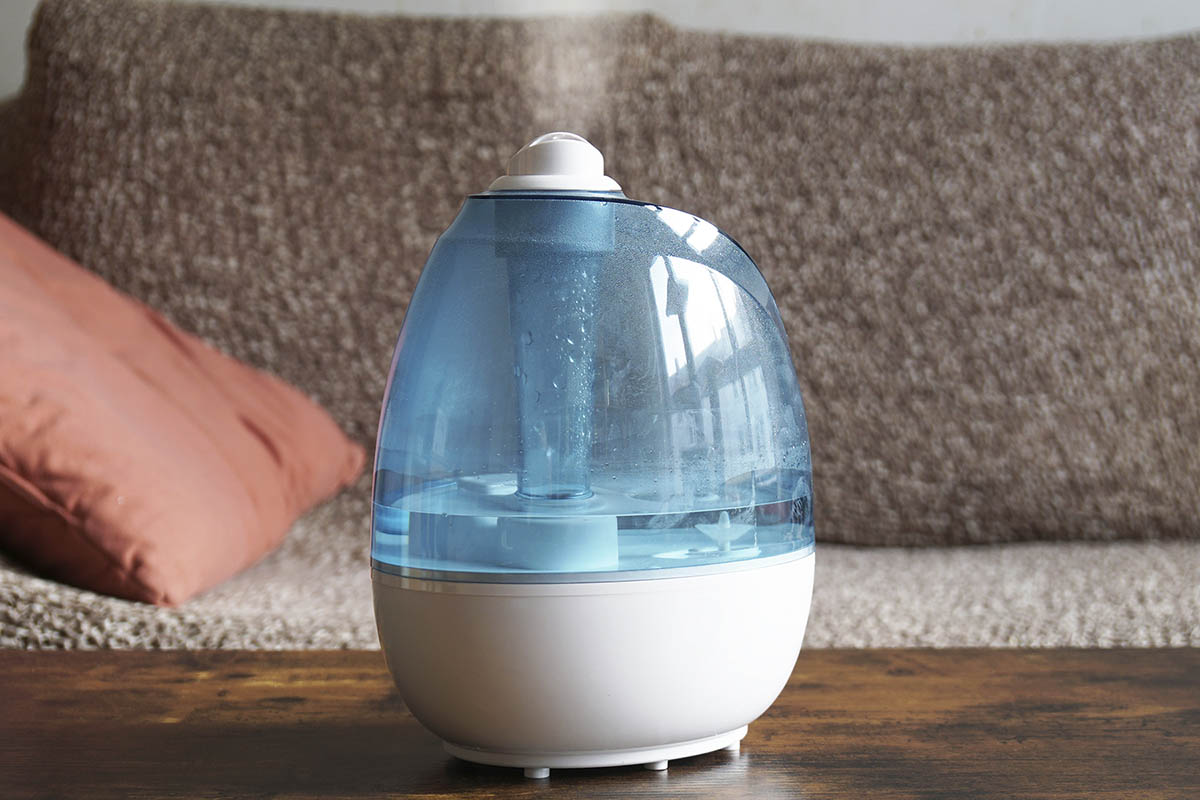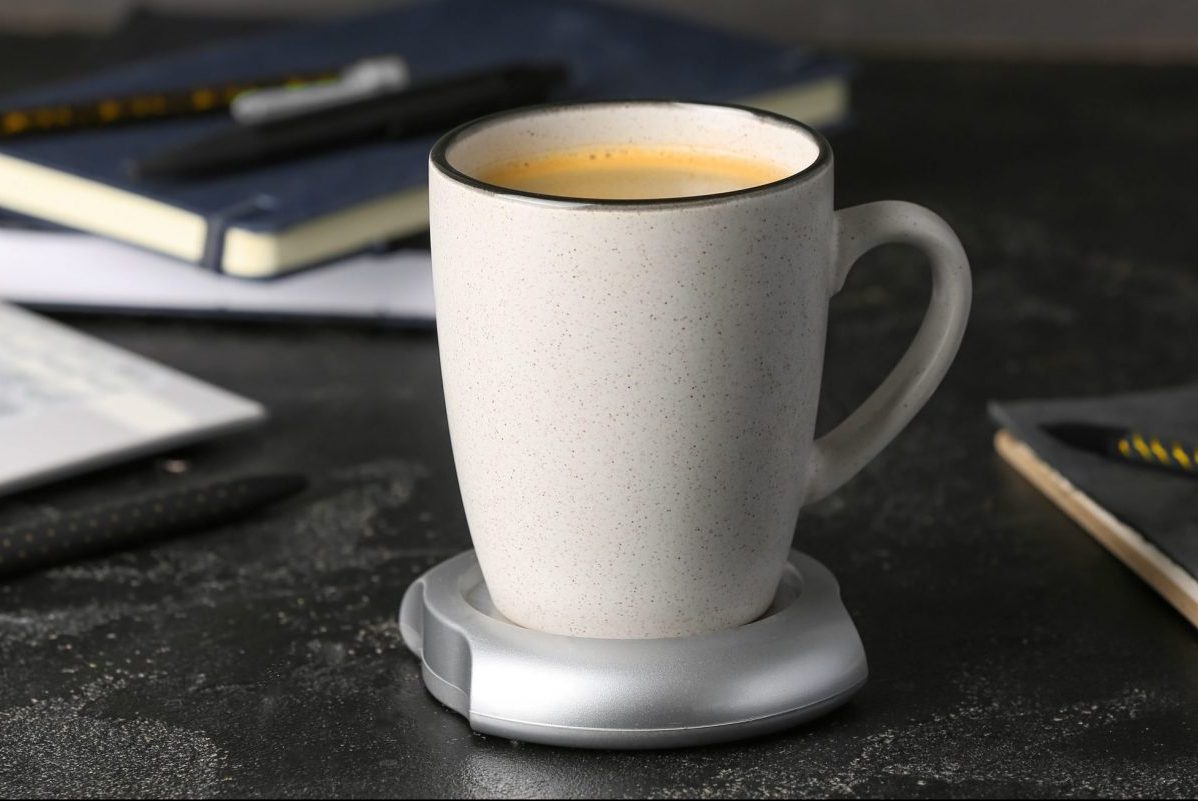Wondering how to run appliances off solar power? In an era marked by increasing concerns over climate change and rising energy costs, harnessing solar power has emerged as a promising solution to meet our energy needs sustainably. Solar energy is abundant, renewable, and environmentally friendly, making it an attractive option for powering appliances. In Ireland, many have searched for solar quotes and found the right solar installer to make running appliances reasonably affordable compared to other energy sources.
This article will explore the benefits of solar power, discuss the process of setting up a solar power system, and provide practical tips for running appliances off solar power.
Understanding Solar Power Consumption

Solar power comes from converting sunlight into electricity using photovoltaic (P.V.) cells. These cells, made of semiconductor materials, absorb photons from the sun, freeing electrons and creating an electric current. Composed of multiple P.V. cells, solar panels capture sunlight and generate D.C. (direct current) electricity. This appliance’s electricity is converted into A.C. (alternating current) power through a grid-tie inverter.
The U.K. Department of Energy and the National Renewable Energy Laboratory reported some improvements. Recent advancements in solar power systems have significantly improved their efficiency and reduced costs. For example, the average efficiency of solar panels has increased from 15% to over 20% in recent years. This progress has made solar power systems, such as installing solar panels, a viable and affordable option for both residential and commercial applications.
By harnessing solar energy, individuals can reduce their dependence on grid power and use the electricity produced by solar panels. In addition, the grid-tie inverter allows for the seamless integration of solar energy with the existing electrical grid. As a result, it ensures a reliable supply of electricity even when the solar P.V. system is not producing sufficient power. This grid-tie system also enables homeowners to sell excess electricity back to the grid. Furthermore, it further offsets their energy costs and promotes sustainability.
Solar power systems’ improved efficiency and affordability make them attractive for individuals seeking to reduce their carbon footprint and save on energy expenses. In addition, installing solar panels contributes to a greener future and offers long-term financial benefits by reducing reliance on traditional grid power sources.
Setting Up a Solar Power System
Assessing Solar Potential
Before installing a solar system, it is crucial to evaluate the solar potential of your location. Factors such as sunlight hours, shading, and roof orientation impact the system’s efficiency. Consider using tools like the National Renewable Energy Laboratory’s PVWatts Calculator to determine how much solar power your property can generate. It estimates the solar energy potential based on location, helping you determine the number of P.V. solar panels needed for optimal energy production. Assessing solar potential is vital for planning a successful solar panel installation and reducing reliance on traditional energy suppliers.
Sizing the System
When determining the appropriate size for your solar power system, it is crucial to consider factors such as your electricity consumption, available roof space, and budget. The goal is to generate enough power to meet your current and future needs while making the most available sunlight. You can accurately assess your energy usage by consulting with a solar professional. Explore options for generating more power and optimizing the system’s capacity to reduce your electric bill. Additionally, they can guide you on incorporating a grid system or a battery bank to ensure efficient energy utilization and maximize your solar investment.
Selecting Equipment
Choosing high-quality equipment is essential when setting up a solar power system. Key components include solar panels, inverters, batteries (for off-grid systems), and mounting hardware. It is crucial to research reputable manufacturers and seek advice from experts or educational sites like the Solar Energy Industries Association and the New and Renewable Energy Centre. Ensure that the solar panels produce sufficient energy to meet your needs, and consider the recommendations provided by your energy supplier. Consulting with professionals can help determine how many solar panels are necessary for optimal energy generation. It ensures a reliable and efficient solar power system.
Installation and Permitting
After selecting the equipment for your solar power system, it is crucial to engage a professional solar installer for proper installation and adherence to local regulations. Working with an experienced installer ensures the system is set up correctly and complies with safety standards. In addition, obtaining the necessary permits and inspections is essential to ensure code compliance and the overall safety of the installation. By entrusting the installation to professionals and obtaining the required permits, you can have peace of mind knowing that your solar power system installation is safe and legal. In addition, it sets the foundation for long-term renewable energy generation.
System Monitoring and Maintenance
Regular monitoring and maintenance are essential to ensure the optimal performance of your solar power system. Monitoring allows you to track energy production and identify any potential issues promptly. In addition, by monitoring the system’s performance, you can ensure that it operates efficiently and generates the expected amount of electricity.
Periodic solar panel cleaning is crucial to removing dirt, debris, and any buildup that may hinder sunlight absorption. As a result, clean panels maximize energy production and prevent losses due to shading or reduced efficiency. In addition, inspecting electrical connections is vital to identify and address any loose or damaged wiring that can impact system performance or safety.
While some homeowners may perform basic maintenance tasks, consulting a professional solar technician for more in-depth inspections and repairs is advisable. They have the expertise to identify and resolve technical issues effectively, ensuring your system operates optimally for years.
Running Appliances Off Solar Power
Energy-efficient Appliances
Reduce energy consumption by opting for energy-efficient appliances. Look for devices with ENERGY STAR® ratings that operate efficiently and consume less electricity.
Load Analysis
Conduct a load analysis to determine the energy requirements of your appliances. This analysis helps you identify which machines are the largest energy consumers and adjust your usage accordingly.
Time-of-Use Optimization
Time your appliance usage to align with the peak solar production periods. Running high-energy appliances like washing machines, dishwashers, or pool pumps during the day when sunlight is abundant can reduce reliance on the grid and maximize self-consumption.
Battery Storage
Consider installing battery storage systems to store excess solar energy during non-sunny periods. Batteries provide a reliable backup and enable greater energy independence.
Net Metering
Explore net metering programs offered by your utility company. Net metering allows you to sell excess solar energy back to the grid, earning credits that can offset your electricity costs during periods of low solar production.
Government Support and Educational Resources
Government Incentives
The U.K. government offers various financial incentives to promote the adoption of solar power. These incentives encourage homeowners and businesses to install solar power systems and reduce their carbon footprint.
One significant incentive is the Feed-in Tariff (FiT) scheme, which allows participants to earn money by generating renewable energy. Under this scheme, homeowners and businesses get paid for the electricity they generate through solar panels and any excess electricity they export to the grid. The Smart Export Guarantee (SEG) is another program that ensures participants receive fair payment for the surplus electricity they export.
Moreover, the Green Homes Grant scheme provides vouchers to homeowners in England to cover a portion of the cost of installing energy-efficient measures, including solar panels. These incentives help make solar installations more affordable and accessible for individuals and businesses across the U.K.
Educational Sites
Regarding learning about solar power systems, various reliable educational resources are available. The U.K. offers a range of educational sites and platforms that provide valuable insights into solar energy.
One such resource is the official website of the U.K. Government’s Department for Business, Energy & Industrial Strategy (BEIS). This website offers comprehensive solar energy information, including system sizing, installation, and maintenance guides. It is precisely for homeowners and businesses in the U.K.
Energy Efficiency Programs
Many energy utilities offer energy efficiency programs to their customers. These programs provide energy audits, rebates, and incentives for adopting energy-efficient appliances and solar power systems. Check with your local utility provider to explore available programs and resources.
Conclusion – How to Run Appliances off Solar Power
Harnessing solar power to run appliances is a sustainable and environmentally friendly solution that offers numerous benefits. Solar power systems have become increasingly efficient and affordable, enabling homeowners and businesses to generate electricity while reducing their reliance on the grid. Individuals can enjoy the advantages of solar energy while contributing to a greener future. They need to understand the basics of solar power, size the system appropriately, select high-quality equipment, and optimize appliance usage.
Government initiatives and educational resources are vital in promoting solar energy adoption. Governments provide incentives and policies that make solar power more accessible and financially viable. In addition, educational sites offer reliable information and guidance on system installation, maintenance, and energy-efficient practices.
As we strive for a more sustainable and cleaner energy future, running appliances off solar power significantly reduces our carbon footprint. You are transitioning to renewable energy sources. Embracing solar power helps us save on energy costs and contributes to a greener planet for future generations.







No Comments